SUMMARY
This is AI generated summarization, which may have errors. For context, always refer to the full article.
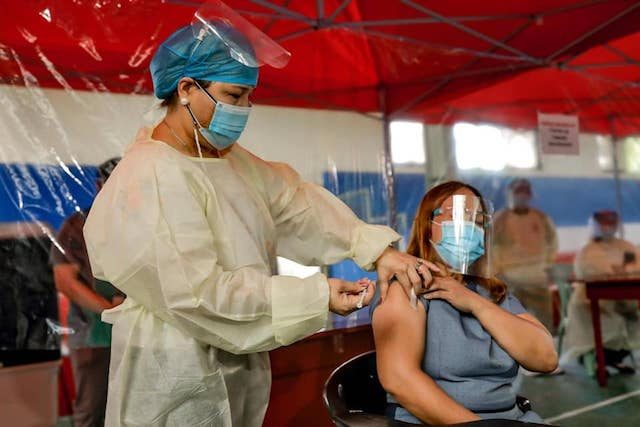
Quezon City, the Metro Manila city with the highest number of coronavirus cases, became among the first to submit its vaccination plan to the national government, targeting to inoculate at least 1.05 million people in 2021.
The city, led by its mayor Joy Belmonte, presented its plan to vaccine czar Carlito Galvez Jr and Health Secretary Francisco Duque III on Thursday, January 28, at Quezon City Hall.
Joseph Juico, the city’s vaccination task force co-chairperson, said the plan was ready for submission last Friday, January 22, but that Galvez had asked for the presentation to be moved to Thursday.
The vaccine plans of local governments are one of the requirements imposed by the national pandemic task force for access to vaccines it has ordered from pharmaceutical firms.
Quezon City itself has made its own order – 1.1 million doses from AstraZeneca good for 550,000 or a little over half of its identified priority vaccine recipients.
The city is hoping that the national government can cover at least some of the remaining half.
The plan
Who will get the vaccines first?
The city has identified 1,046,027 individuals to be in the priority list of vaccine recipients. They are broken down as follows:
- QC government healthcare workers – 3,292
- Barangay Health Emergency Response Team members – 1,410
- Private health workers – 18,325
- Senior citizens – 300,000
- Indigent persons – 703,000
- Uniformed personnel (traffic enforcers, security guards, police, social workers) – 20,000
Outside the 1.04 million, the next priority group will be persons with disabilities, which number 20,000 based on the city’s tally.
Batches of QC’s AstraZeneca order are expected to arrive in the months of July to September but vaccines coming in through the COVAX Facility, which the national government is participating in, could arrive as early as February.
A “sizable” portion of these COVAX Facility-acquired doses will go to Quezon City residents, Juico told Rappler, because of its high number of cases and the fact that many of the country’s major hospitals are located there.
Where will vaccinations take place?
Twenty-four sites have been identified as vaccination centers – a mix of elementary schools, covered courts, and even churches.
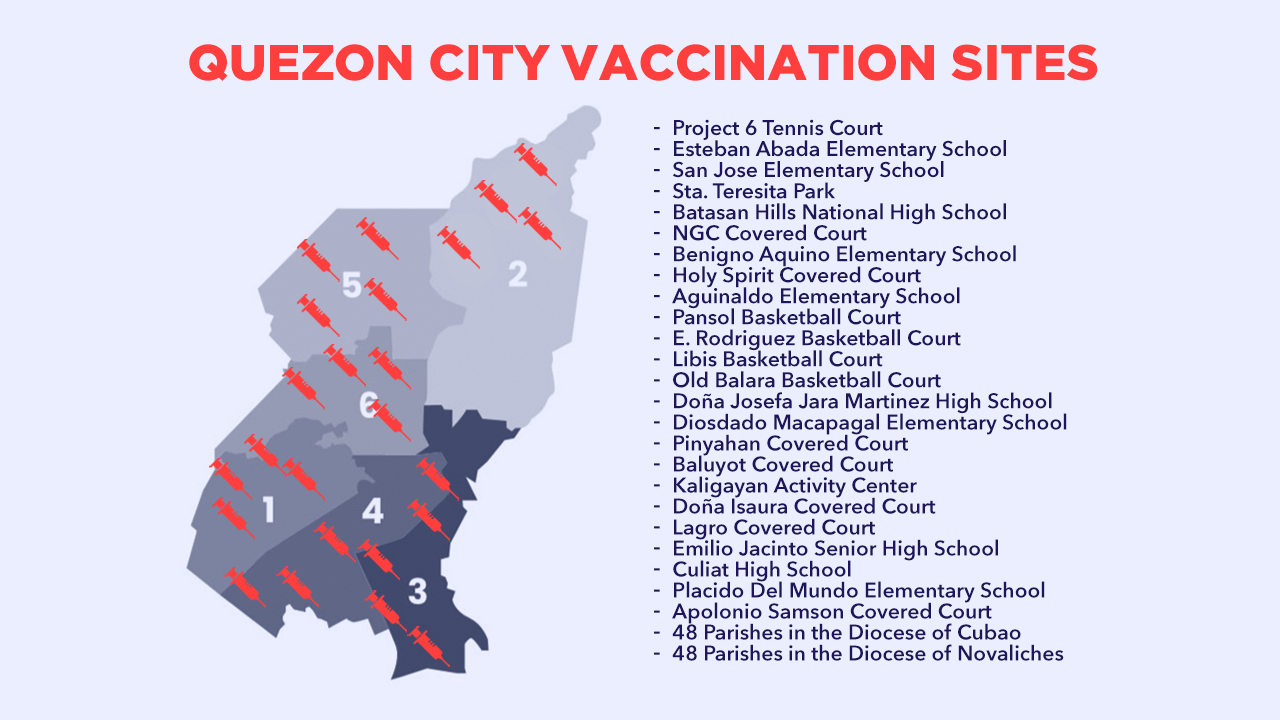
What does a QC resident need to do?
- Register for a QCitizen Card which assigns an ID number to each QC resident. This can be done online or through physical registration kiosks to be put up in barangays by the city government in the coming weeks. You can register online here.
- When registering for the QCitizen Card, you will be asked if you are willing to get vaccinated. If you answer yes, the system will connect you to Zuellig Pharma’s EZVax system which will then ask for your medical history.
- You will be sent an email or text message if you qualify for the priority vaccinations. The message will contain the date and location of your first vaccine shot. If you register through physical kiosks, you will get a printed confirmation slip with a QR code which you will present at the vaccination site.
- Go to your vaccination site where you will be matched to your QCitizen or EZVax registration details, undergo counseling on what to expect from the vaccine, and get assessed by a doctor based on the medical history you reported when you registered.
- You will receive the vaccine and then be observed for 30 minutes for any side effects. The entire process, from registration to post-vaccination observation, should take 45 minutes.
- Over the next few days, you will be monitored for side effects by local health personnel through text messaging.
- You will be sent an email or text message informing you of the details of your second shot.
What about transportation and storage of vaccines?
Quezon City, like the national government, will use the cold-storage facilities of private healthcare services provider Zuellig Pharma.
Juico said this is because the firm has facilities for storing all kinds of vaccines, from those requiring only refrigerator temperatures to ultracold storage.
Zuellig Pharma’s pharma-grade cold-storage warehouse is all the way in Sta Rosa City, Laguna. The vaccines will be delivered by truck for prepositioning at local health centers. Juico said they are confident that the vaccine vials will be delivered safely and efficiently.
Still, local officials worry most about what were to happen if the individuals scheduled to get their vaccines on a certain date and time do not show up. They are still discussing ways to ensure the doses for these people will not go to waste.
“Before we confirm the orders coming from the central warehouse, we have to be sure that the number of people in the inoculation site are more or less the same number as the vaccines to be delivered because vaccines are very sensitive to temperature,” Juico told Rappler.
On the flip side, they also worry that vaccination sites may be overrun by people, leading to chaos and violations of the physical distancing rule, as was seen during the distribution of cash assistance for poor families.
Pasig City is another Metro Manila city which has submitted its vaccine plan. Read about it here. – Rappler.com
Add a comment
How does this make you feel?
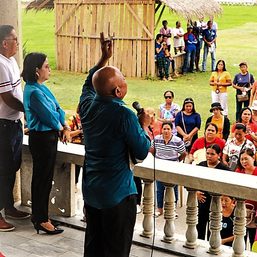
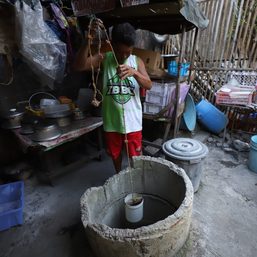
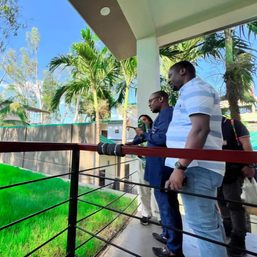
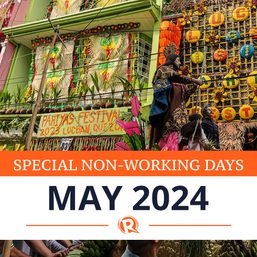
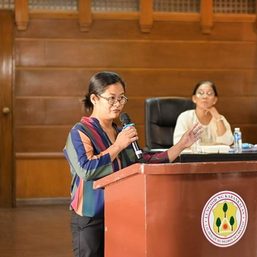
There are no comments yet. Add your comment to start the conversation.